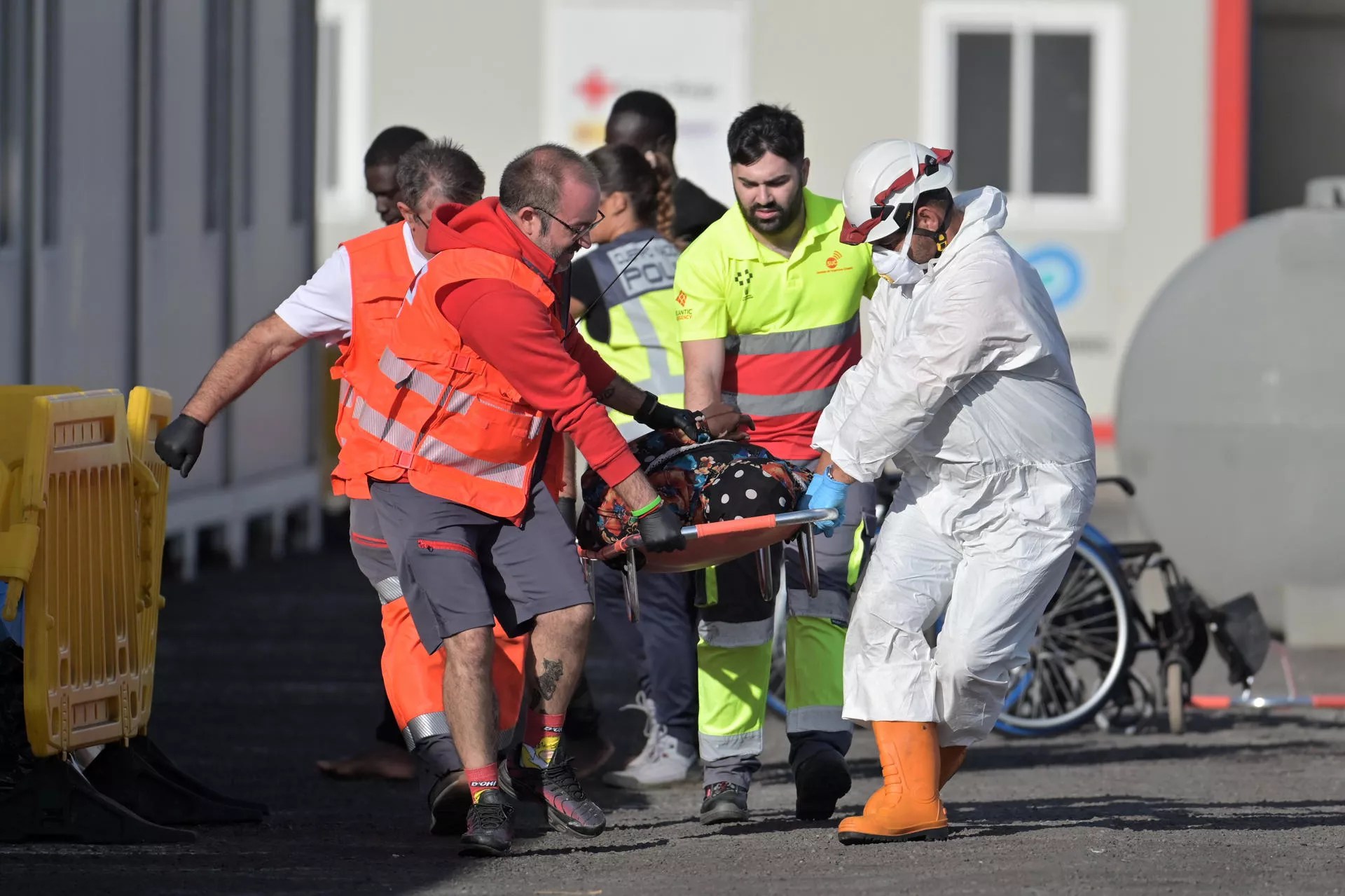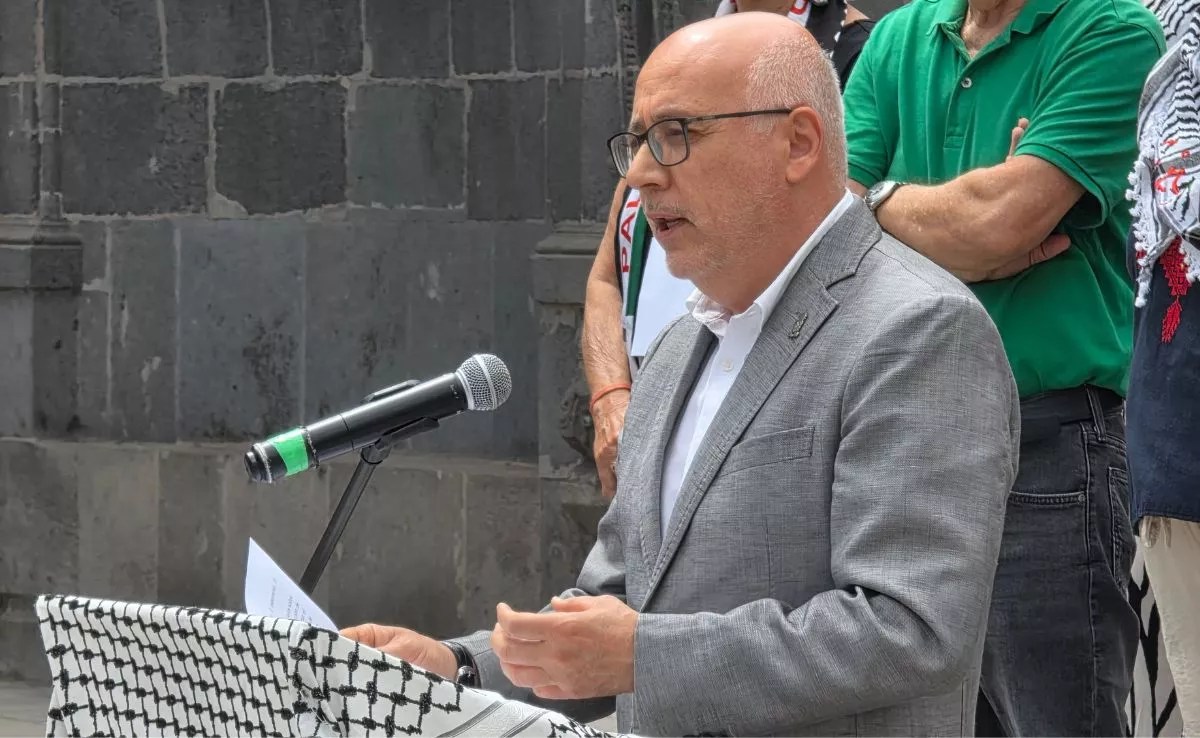Yesterday, the Cabildo of Tenerife commemorated the International Day to Fight Breast Cancer with the reading of the manifesto prepared by the Spanish Breast Cancer Federation (Fecma), which brings together a total of 47 entities, including Ámate. Both the president, Rosa Dávila, and the counselor of Social Action, Águeda Fumero, claimed the need to “continue promoting and promoting research and early detection programs.” Dávila thanked the women of Ámate for “their dedication” and the “accompaniment” they offer to the patients. “To those women who arrive lost, they offer strength, character, experience and make it easier for them to navigate a very rocky path.”
“At Ámate there is always a helping hand to lend a hand,” he stated. “We have all been daughters, mothers or companions of a breast cancer patient,” thanking them “for always being there,” she reiterated.
Other women who are part of the Corporation also participated in the reading of the manifesto, such as the Minister of Sports, Yolanda Moliné, or the insular director of Social Action, Yolanda Baumgartner. Likewise, representatives of all political forces in the institution attended. Additionally, the president of Ámate, Carmen Bonfante, participated; the Councilor for the Presidency of the Santa Cruz City Council, Purificación Dávila; the writer Felicidad Batista, and the former basketball player, Charo Borges.
The manifesto highlighted the need to “invest in health, as a strategic sector, which turns research into a prevention tool,” and the consideration that “there is a broad consensus to expand the number of women to have a mammogram.” The European Plan to Fight Cancer recommends extending mammography screening from 45 to 74 years of age, since, currently, the reference age is between 50 and 69 years.
At the same time, he stressed that breast cancer is not only suffered by women; Therefore, she advocated for implementing protocols to screen for this type of cancer in men.
Mammography
The manifesto insisted on the importance of mammography as the best instrument to detect breast cancer. She stressed that “it is necessary for women to attend early detection campaigns” when they are called. In the Canary Islands, participation is around 65%.
Likewise, he defended the screening programs managed by the public health system, with free access, continued over time, equipped with personnel and resources and with quality controls as an essential tool for their success.
The manifesto also stated that “it is foreseeable that in the coming years the number of cases will increase” and “the survival rate will improve,” which is currently greater than 85%. But the worrying thing is that in 6% of diagnoses there is already metastasis and that 20% and 30% of patients will develop metastatic breast cancer.
















